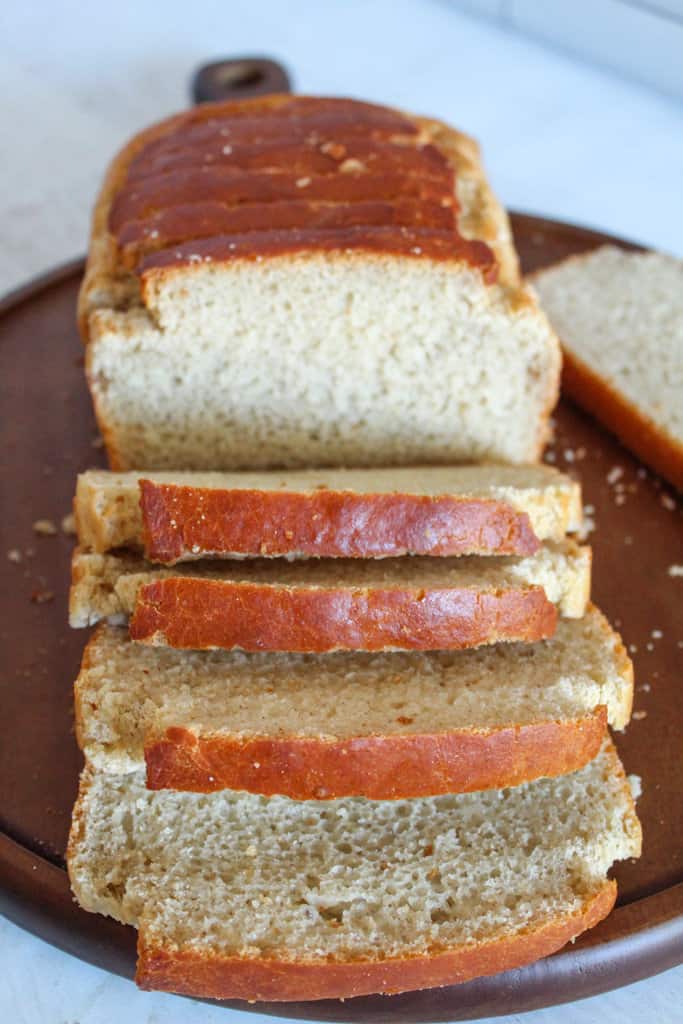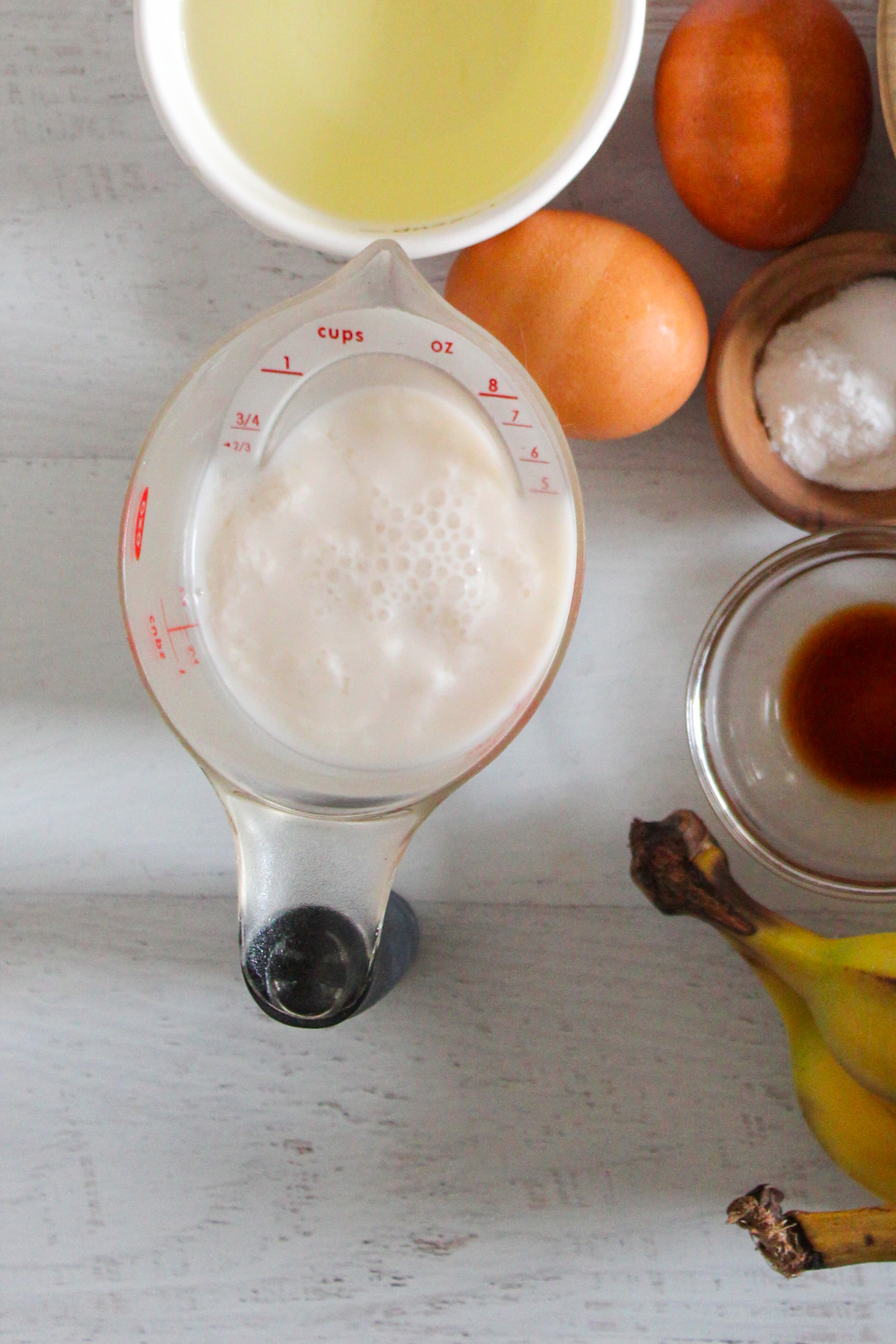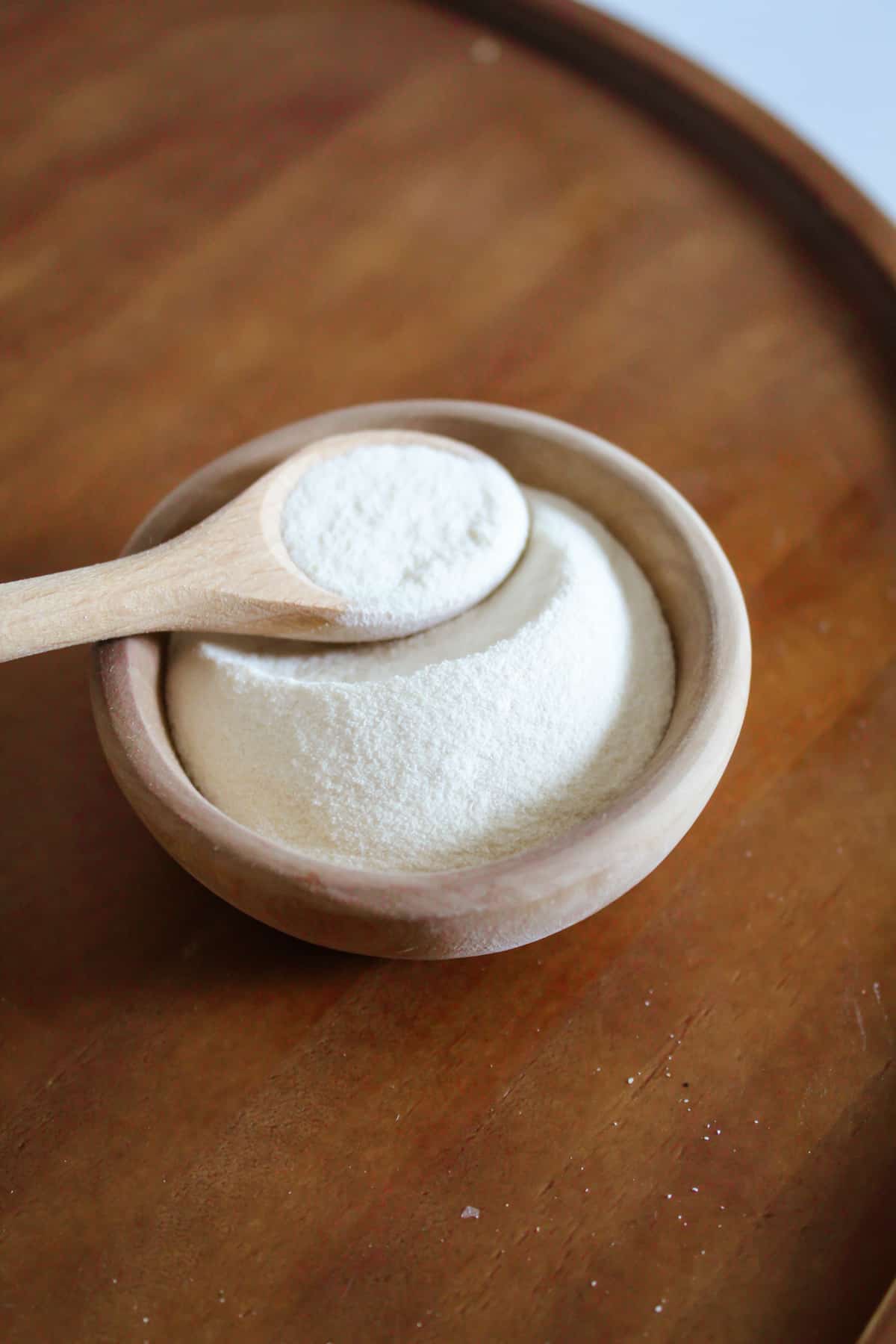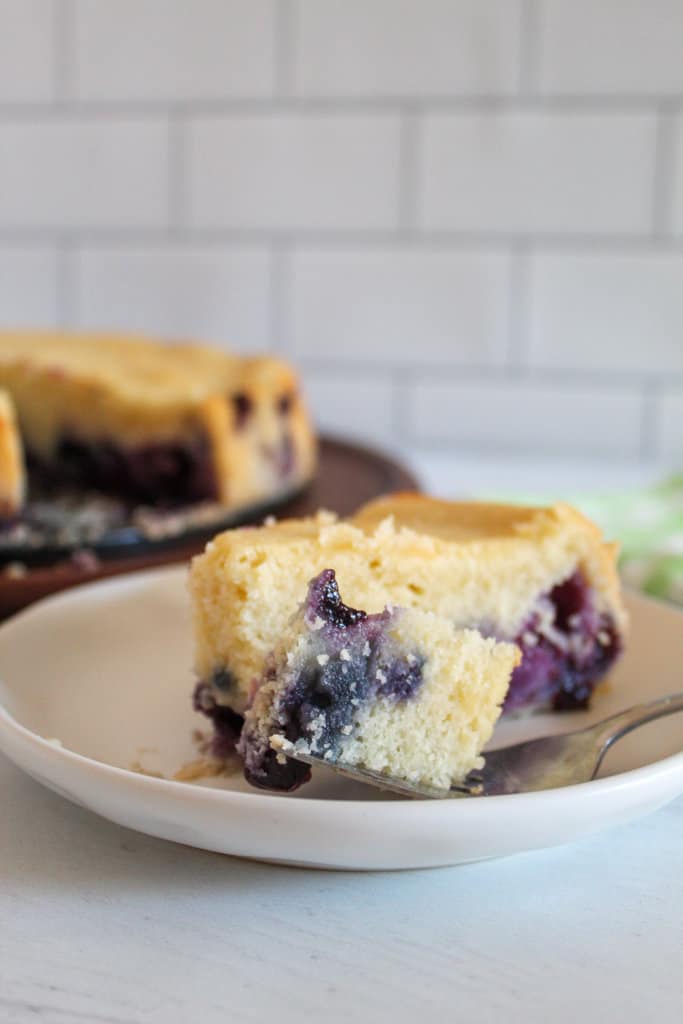Coconut Sugar vs Brown Sugar: What’s the Difference?
Are you feeling confused about the differences between coconut sugar vs brown sugar? They look alike and even taste similar, so let’s answer all your burning questions once and for all.
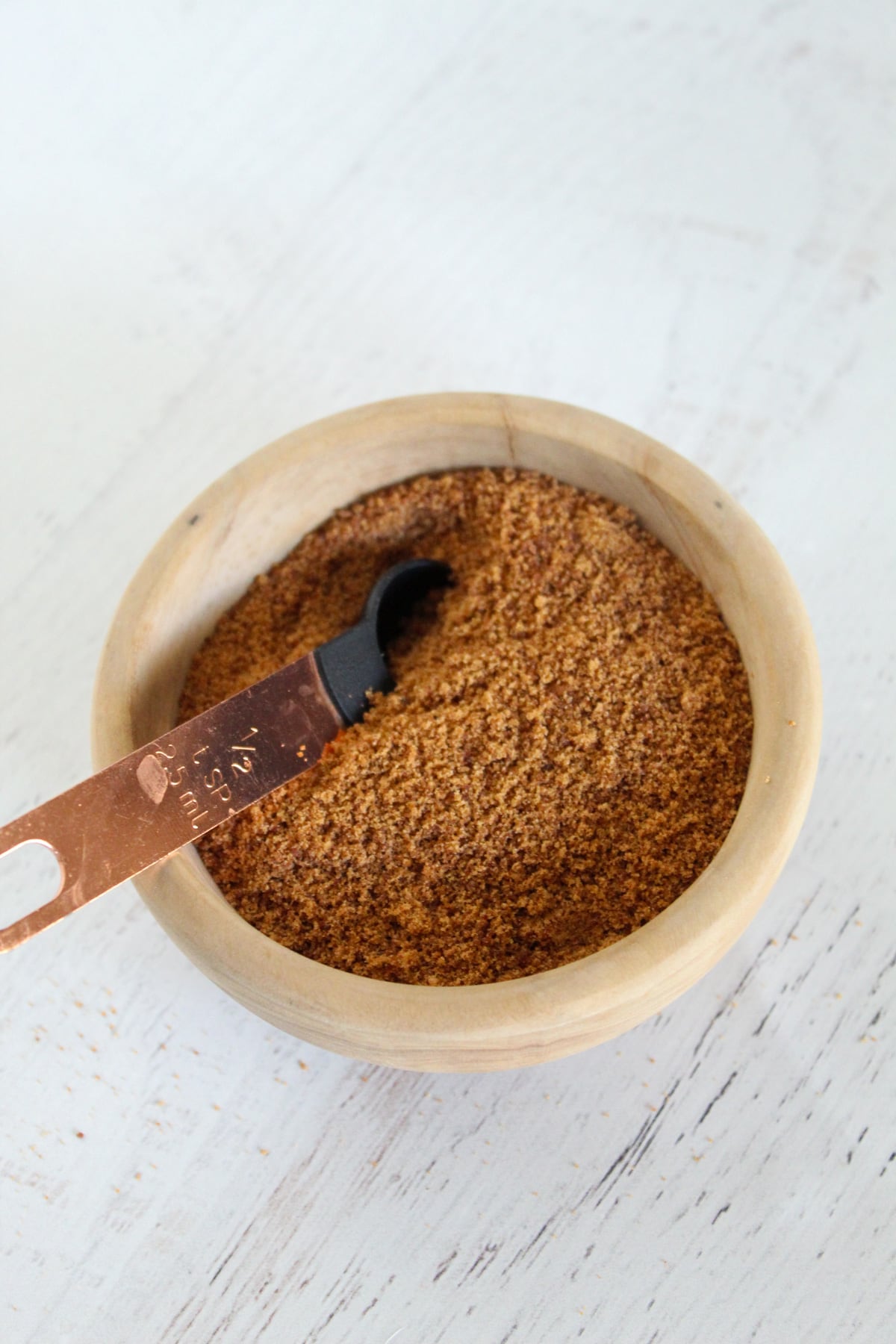
It can be overwhelming trying to make sense of all the different sugars available today. Between all the natural sweeteners, sugar alternatives, and even the different types of cane sugar, it’s hard to know what you’re buying! You’re in the right place, though. Let’s sift through the details together to help you find the right type of sugar for your needs.
Table of Contents
Coconut Sugar vs Brown Sugar: Key Takeaways
Coconut sugar and brown sugar look similar, but they are different types of sugar. Coconut sugar is a natural sweetener that comes from coconut palm trees, while brown sugar is made by mixing white table sugar (often beet sugar) with added molasses for a rich, brown color.
Because of these different production methods, coconut sugar is considered unrefined, and most brown sugar at the grocery store is refined.
Coconut sugar costs more than most brown sugar, but it is lower on the glycemic index and may have more trace minerals and vitamins.
Brown sugar is less expensive but has a higher GI load and doesn’t have the same natural minerals due to the refining process.
Both coconut sugar and brown sugar can be used interchangeably and typically work the same in recipes.
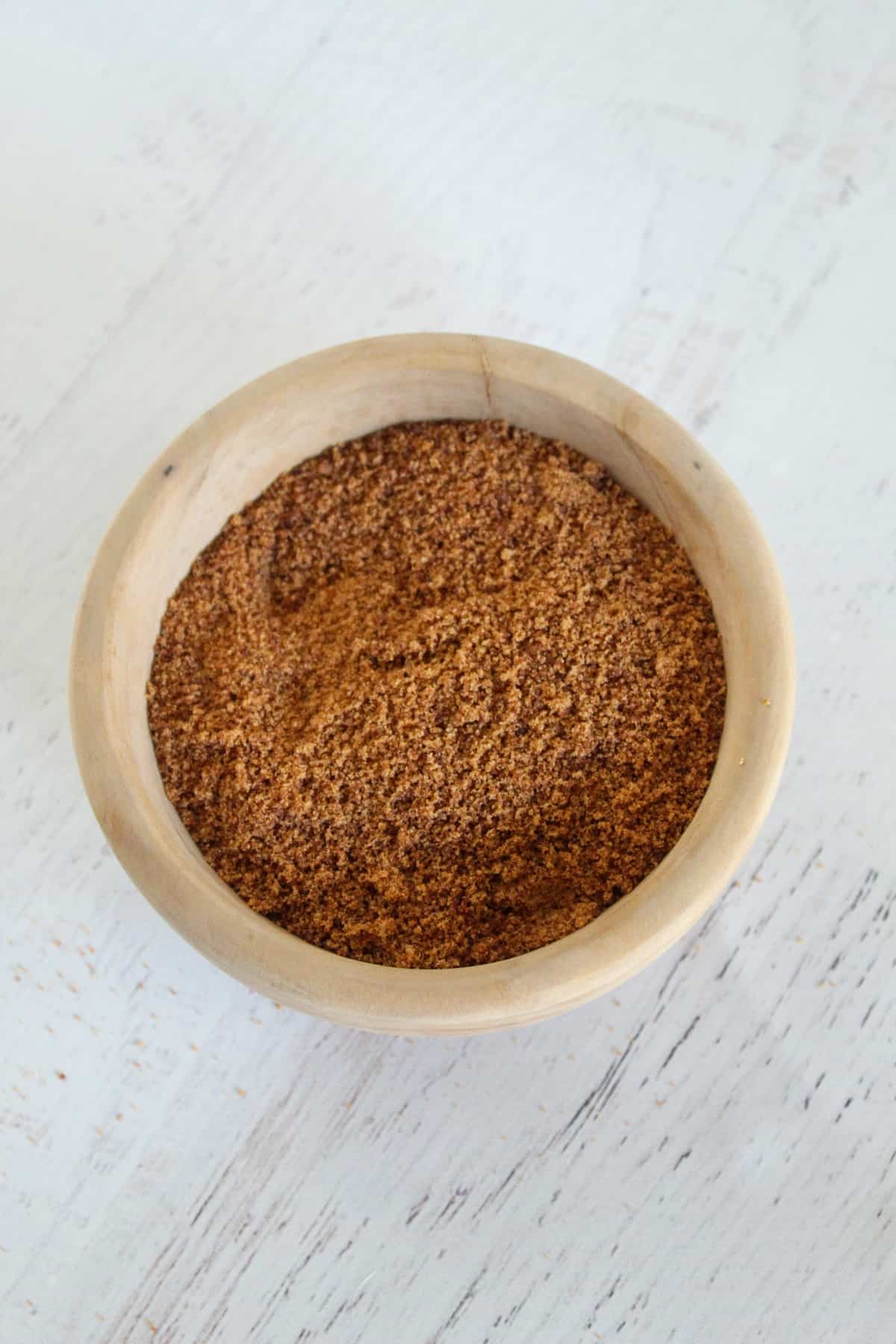
What is Coconut Sugar?
Coconut sugar (or coconut palm sugar) is made by dehydrating the sap of the coconut palm tree. This coconut palm sap is tapped, similar to maple syrup, and then heated to reduce it. Eventually, it becomes really thick and can be dried into hard pieces like jaggery or dehydrated and ground into sugar.
Traditional coconut sugar is similar to other unrefined sugars, like muscovado sugar, demerara sugar, or turbinado sugar, which are made by cooking down and dehydrating raw cane juice. Maple sugar comes from a similar process using maple syrup.
Because coconut sugar is unrefined, it is less heavily processed and may contain more trace nutrients and minerals than refined sugars.
What is Brown Sugar?
There are several different types of brown sugar available, but most conventional brown sugar is made by mixing refined white sugar with molasses. The sugar can come from sugar beets or regular cane sugar.
Molasses is a byproduct of the sugar making process and is the rich, dark syrup left over after the sugar crystals are removed. The darker the color, the more molasses has been added to the sugar mixture.
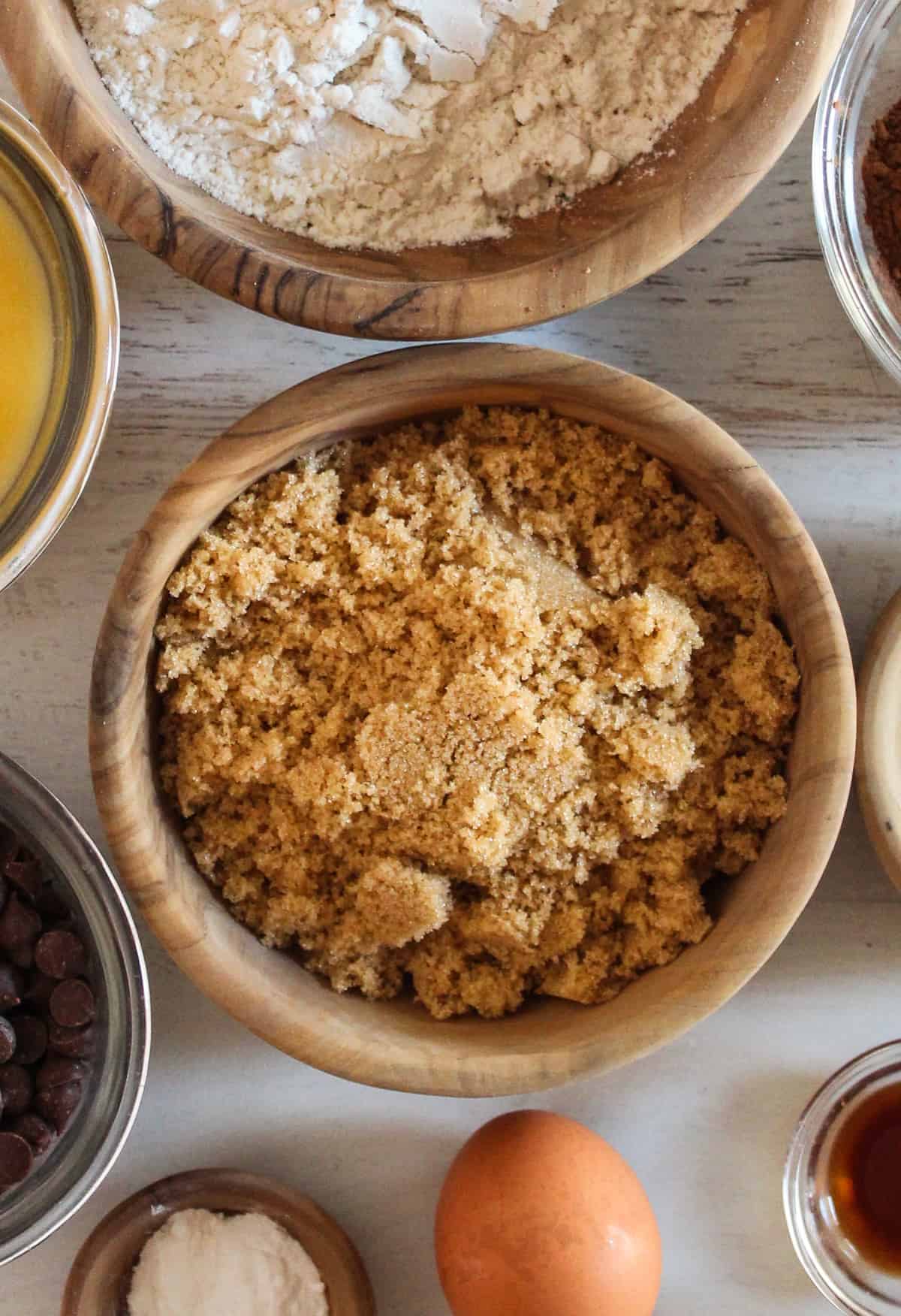
What’s the Difference Between Coconut Sugar and Brown Sugar?
To find the right sugar for you, it helps to understand the main differences between these two types of sugar.
Glycemic Index Rating
The glycemic index tracks how much different foods affect your blood glucose levels. Sugars high in glucose will cause blood sugar spikes much faster than natural sugars or fresh fruit.
The GI rating for coconut sugar varies. Although some brands claim it is as low as 35, it is more likely closer to 50-54. By comparison, white table sugar ranges from 58-84. Coco sap sugar also contains a small amount of inulin, a type of fiber that can help support your blood sugar.
Brown sugar has a glycemic index of closer to 70, which is significantly higher.
Ingredients
Coconut sugar is made by condensing and dehydrating the sap of coconut palm flowers and contains no other ingredients. Brown sugar is made by refining both white sugar and molasses, then mixing them together for a rich, brown color and soft texture.
Mineral Content
Many people claim coconut sugar has a variety of important vitamins and minerals, including essential amino acids, B vitamins, Vitamin C, magnesium, and more. However, the amount of these vitamins is so low that you would need to consume a lot of sugar to get a meaningful amount.
Brown sugar may also have some trace minerals but again, you would need a large amount to get any health benefits.
Sourcing
Since coconut sugar is made from the sap of the coconut tree, it comes from warmer climates, like Sri Lanka and Southeast Asia.
In the United States, brown sugar is made close to home, with either sugar beets from the Midwest or cane sugar from the Southeast.
Taste
Coconut sugar has a delicious sweet caramel taste, making it very flavorful and delicious. Brown sugar also has a caramel-like flavor from the added molasses, but it is much milder than the fruity, honey-like flavor of coconut sugar.
Use
Coconut sugar and brown sugar are great for sweetening drinks or make delicious baked goods like these almond flour cookies. They can be used interchangeably and are usually great substitutes for white sugar in recipes.
Pricing
Coconut sugar is almost always significantly more expensive than brown sugar. It’s much easier to find organic coconut sugar than conventional, and the prices range from about $3.50-8.00/lb.
Brown sugar is often less than $1/lb, although unrefined brown sugar tends to be close to the low end of the price for coconut sugar.
Which is Better: Coconut Sugar vs Brown Sugar?
Overall, there are subtle differences between the two. They both taste about the same and can be used interchangeably in your recipes.
The biggest difference is the glycemic response and cost. Although coconut and brown sugar have a similar number of calories and grams of carbohydrates, coconut sugar has a lower glycemic index than conventional brown sugar. This means it won’t affect your blood sugar levels as much as brown sugar.
From a cost perspective, it’s very clear that brown sugar is more affordable. Coconut sugar can cost significantly more per pound.
- Trying to save money? Choose brown sugar.
- Need to reduce your glycemic load? Choose coconut sugar. (Affiliate link)
